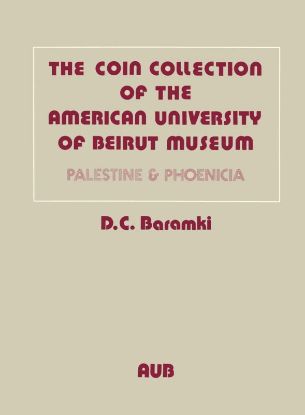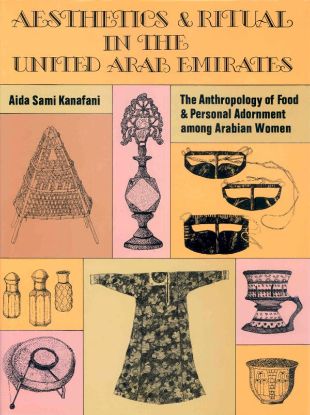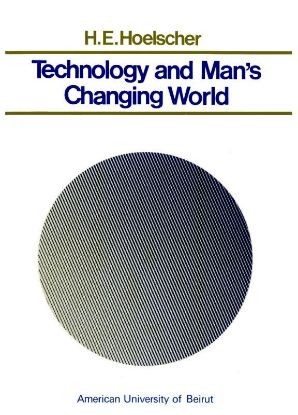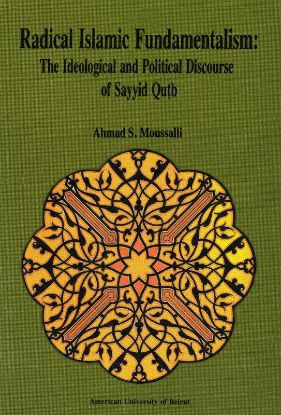Filter by price
Products tagged with 'social sciences'
Near Eastern Numismatics, Iconography, Epigraphy and History: Studies in Honor of George C. Miles
George Miles was the curator of Islamic coins for the American Numismatic Society (ANS) and later their chief curator and executive director. The essays in this volume, chosen to mark his retirement, concentrate on the subjects that occupied his scholarly research: numismatics, epigraphy, iconography, and the history of the Islamic, pre-Islamic, and Byzantine worlds.
$25.00
The Coin Collection of the American University of Beirut Museum: Palestine and Phoenicia
A selection of 2,200 coins from the total collection of 11,000 coins at the AUB Archaeological Museum is thoroughly catalogued here following the classification system of the British Museum, with photographs and thirty-two plates. The coins are indexed both by emperor and by type.
$20.00
Aesthetics & Ritual in the United Arab Emirates
Through observation, participation, questioning, and living with the people of the United Arab Emirates, Dr. Kanafani has gathered interesting and original information on food and body rituals, reporting on habits and practices in coastal cities as well as in desert dwellings, oases, and settlements. This volume presents the author's observations and interpretations, along with thirty-eight photographs, seventy drawn figures, and a bibliography.
$10.00
In Wartime: The State of Children in Lebanon
This book was published during the period of the Lebanese civil war. Therefore, the fieldwork on which its conclusions are based was carried out under extremely difficult circumstances. Nevertheless, the book provides a unique insight into the state of children in a country where civil war raged for ten years. Health, education, child care institutions, and the psychological and physical effects of war are all surveyed and discussed. Implications for action and a summary of major recommendations for action are also included. Sadly, the book will be of value in other parts of the world where the young are most affected by continuing conflicts.
$10.00
Technology and Man’s Changing World
In this small volume, former AUB President Harold Hoelscher elaborates on material previously presented in the course of three public lectures presented in January 1980 at the American University of Beirut. The author's thesis is that perceptions of technology as either “good" or “bad" are invalid. “Rejection of technology is the rejection of a tool to solve a problem"; yet whether that problem should be solved and by what means are totally different questions. Because of the general nature of Dr. Hoelscher's arguments, the book focuses on questions of continuing relevance about the role of technology in the modern world.
$10.00
Radical Islamic Fundamentalism: The Ideological and Political Discourse of Sayyid Qutb
Sayyid Qutb (1906–1966) was the chief spokesman for the Muslim Brotherhood in Egypt in the 1950s and 1960s. His books provided Islamic fundamentalism with its most important intellectual base. He was twice imprisoned by Nasser and was executed in 1966 for plotting against the government. He is often referred to as a martyr of the Islamic revival, and has had a major influence upon Islamic revivalism today, including the more militant groups such as Al-Jihad and the assassins of Anwar al-Sadat. The author presents an in-depth discussion of Qutb's life and writings, and focuses on the political and intellectual foundations of fundamentalism. He also analyzes Qutb's seven principles of the oneness of God (the tawhid).
$10.00





